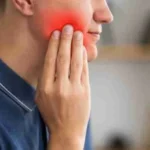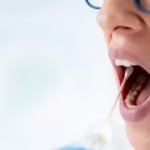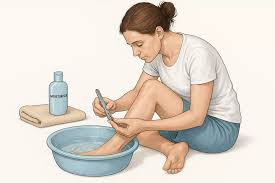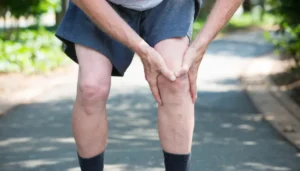Endocrinology is the field of medicine that focuses on the endocrine system, which regulates hormones in the body. Hormones act as chemical messengers, controlling major functions from metabolism and growth to mood and reproduction. When the body produces too much or too little of a specific hormone, it results in a hormone imbalance, which can disrupt various bodily processes and lead to significant health issues. One such condition relates to insufficient levels of testosterone, a hormone present in both men and women. Here’s information on the impacts of low testosterone and its causes:
What Is Female Hypogonadism?
In women and individuals assigned female at birth (AFAB), the ovaries are the primary producers of testosterone, although the adrenal glands also contribute. Female hypogonadism, or low testosterone, occurs when the body does not produce enough of this hormone. Testosterone is a valuable hormone for women’s health, impacting mood and energy levels. This hormone also plays a role in maintaining:
- Bone Density
- Muscle Mass
- Libido
Symptoms of low testosterone in women and AFAB people can be subtle and may overlap with other conditions. Symptoms can include persistent fatigue, a noticeable decrease in sex drive, mood changes, and difficulty concentrating. Physical signs might involve reduced muscle tone and bone density, increasing the risk for osteoporosis over time. Lower levels can be caused by menopause or issues with the ovaries. It may also be caused by the pituitary gland, which regulates hormone production.
What Is Male Hypogonadism?
Male hypogonadism is a condition in which the testicles do not produce enough testosterone. This hormone is fundamental for male development during puberty and for maintaining numerous functions throughout adult life, including:
- Sperm Production
- Muscle Strength
- Bone Health
- Red Blood Cell Production
The symptoms of low testosterone in men and those assigned male at birth (AMAB) can vary. Different symptoms may occur depending on when the condition develops. In adults, common signs include reduced libido, erectile dysfunction, fatigue, loss of muscle mass, increased body fat, and emotional changes like depression or irritability.
Causes of male hypogonadism are categorized as either primary or secondary. Primary hypogonadism results from a problem with the testicles, while secondary hypogonadism involves issues with the hypothalamus or pituitary gland in the brain. Like women, men’s testosterone levels naturally decline as they age.
How Is Low Testosterone Treated in Men and Women?
Hormone imbalances may have a profound effect on overall health because hormones regulate nearly every system in the body. An imbalance in one hormone can create a cascade effect, disrupting other related processes. Low testosterone can affect not only reproductive health but also cardiovascular function, bone integrity, and mental well-being. Identifying and managing these imbalances is key to maintaining long-term health.
Male Treatments
For men diagnosed with hypogonadism, testosterone replacement therapy (TRT) is a common treatment option. This therapy aims to restore testosterone levels to a normal range, which can help alleviate symptoms like fatigue, low libido, and loss of muscle mass. TRT is available in several forms, including injections, gels, patches, and pellets implanted under the skin. The choice of delivery method depends on patient preference, lifestyle, and medical recommendations.
Female Treatments
Treatment for low testosterone in women is more complex and not as standardized as it is for men. Management often focuses on addressing the specific symptoms. If low libido is the primary concern, a healthcare provider might discuss various therapeutic options. In some cases, low-dose testosterone therapy may be recommended, particularly for postmenopausal women experiencing a significant decrease in sex drive.
Learn More About Testosterone
If you are experiencing symptoms that could be related to low testosterone, consult with a healthcare provider. A professional can conduct the necessary evaluations to determine the cause of your symptoms and discuss potential management strategies tailored to your specific situation. Schedule a visit with an endocrinologist today.














